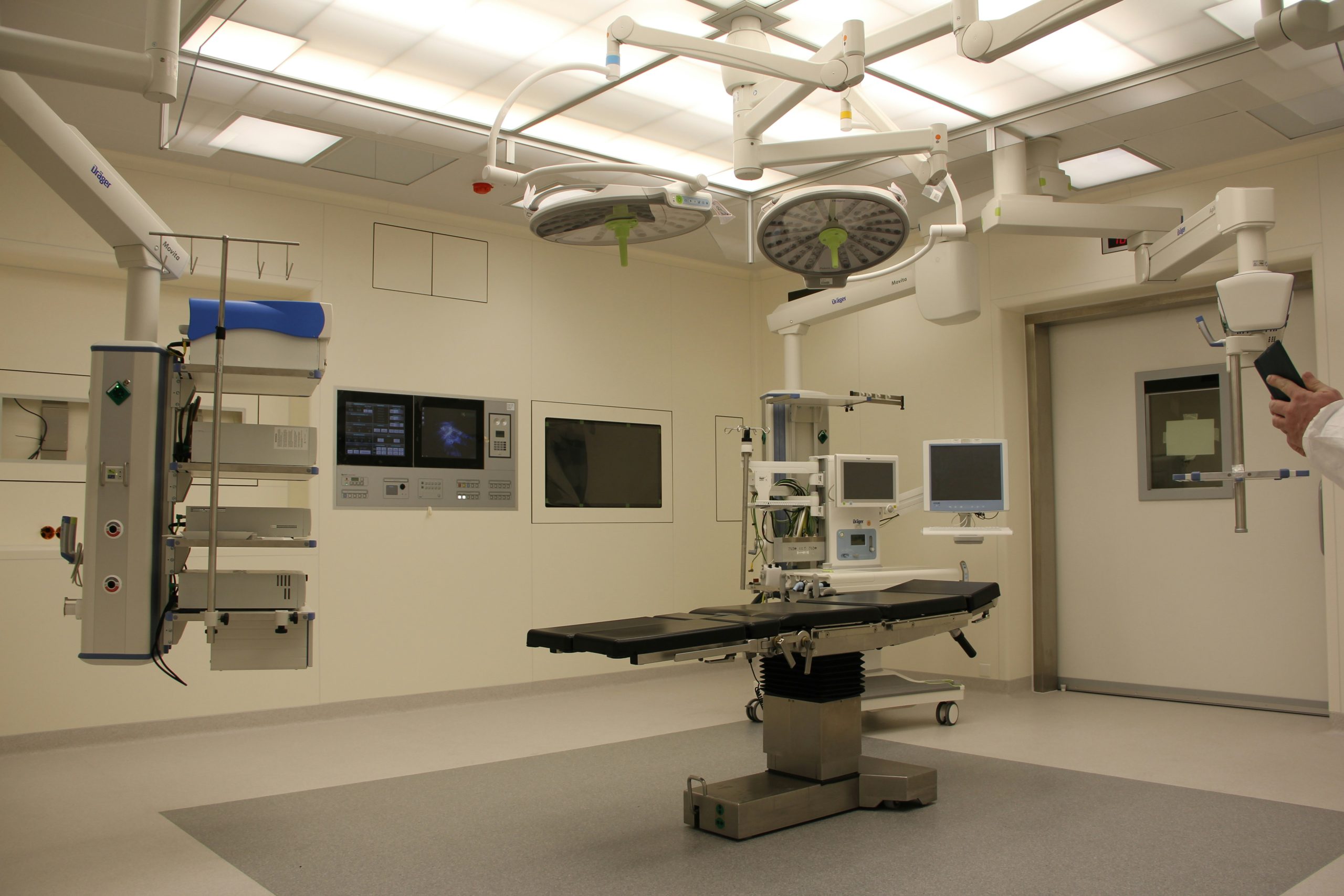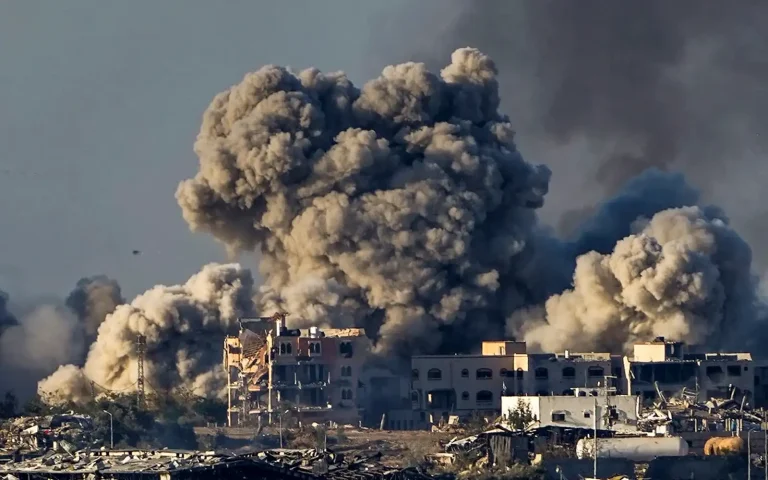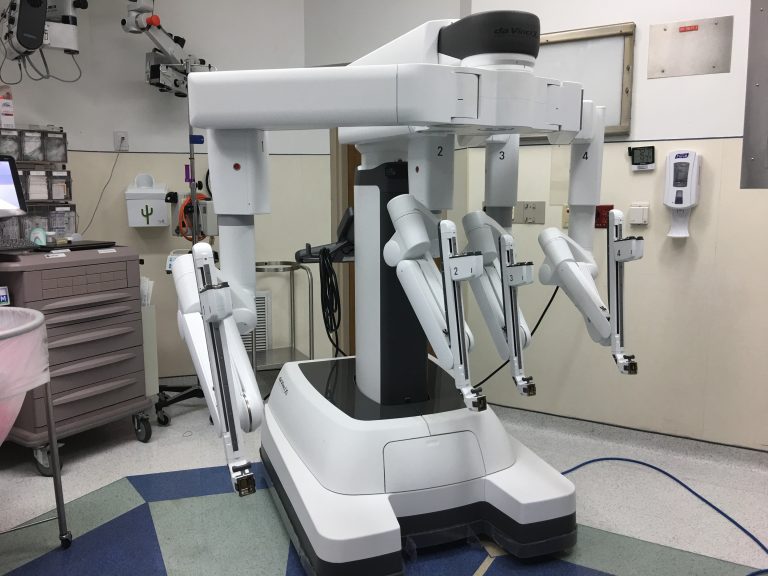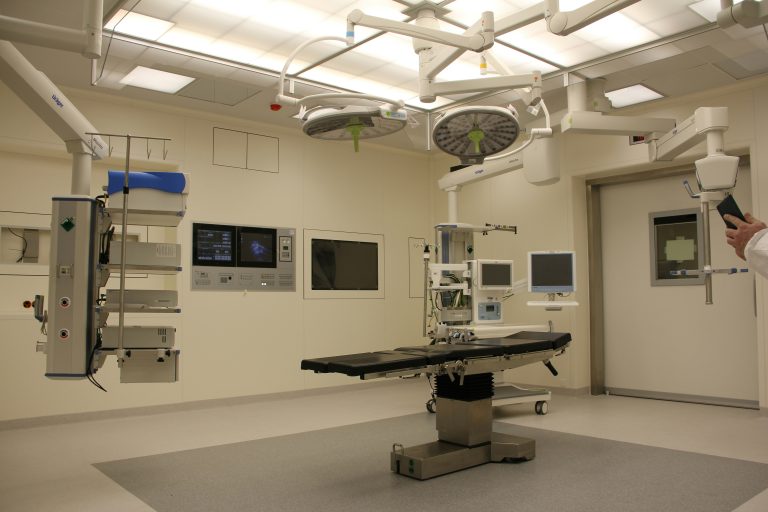RECENTLY an announcement has been made in a section of the press through an advertisement regarding introduction of the Da Vinci robotic system for surgery in a public-sector hospital in Karachi.
The advertisement did not mention anything about the present status of this hospital where there is a chronic shortage of commodities such as beds, bed linen, medication and medical staff. The medical superintendent of this hospital opted to leave the post as to him utilisation of funds for purchasing a robotic system denies the ideal of equity in healthcare.
Robotic systems are tools to assist surgeries in difficult areas of the body where doing it with hands can lead to excessive post-operative pain, possible disfigurement, delayed recovery and delayed return to work.
The surgeon commands the robot to perform manoeuvres and achieve results with minimal invasion. The prime concern in acquiring such systems in Pakistan is the cost that is borne by healthcare with already constrained resources.
The price of this single unit was Rs330 million which is almost twice the actual cost because of the payments that were made to different officials of the government to get the deal done.
The cost involved in the maintenance and regular use of this system for a single surgery is at least Rs200,000 for the disposable ports and instruments. Who would bear this cost? Of course, the government will bear it, but at what cost. The precious money for healthcare will be diverted from the needs of millions to luxury of a few.There are reports that another four such systems are going to reach Pakistan. And once again, two are going to be installed in public sector hospitals in Karachi.
Public health is about utilisation of resources for the larger good. At its recent meeting held on Feb 6, the Karachi Bioethics Group (KBG) discussed this issue in relation to the public health and raised queries about the governmental mechanisms involved in such major decisions affecting the delivery of healthcare in Pakistan.
Does the most recent health policy of Pakistan focus on tertiary care as our number one priority?
Clearly it does not and, therefore, we have to ask the question why don’t the authorities refer to the health policy and involve the stakeholders when making such major decisions which are not pertinent in public-sector settings?
DR NIDA WAHID BASHIR Member, Karachi Bioethics Group Karachi
From the Dawn Published March 17, 2012











